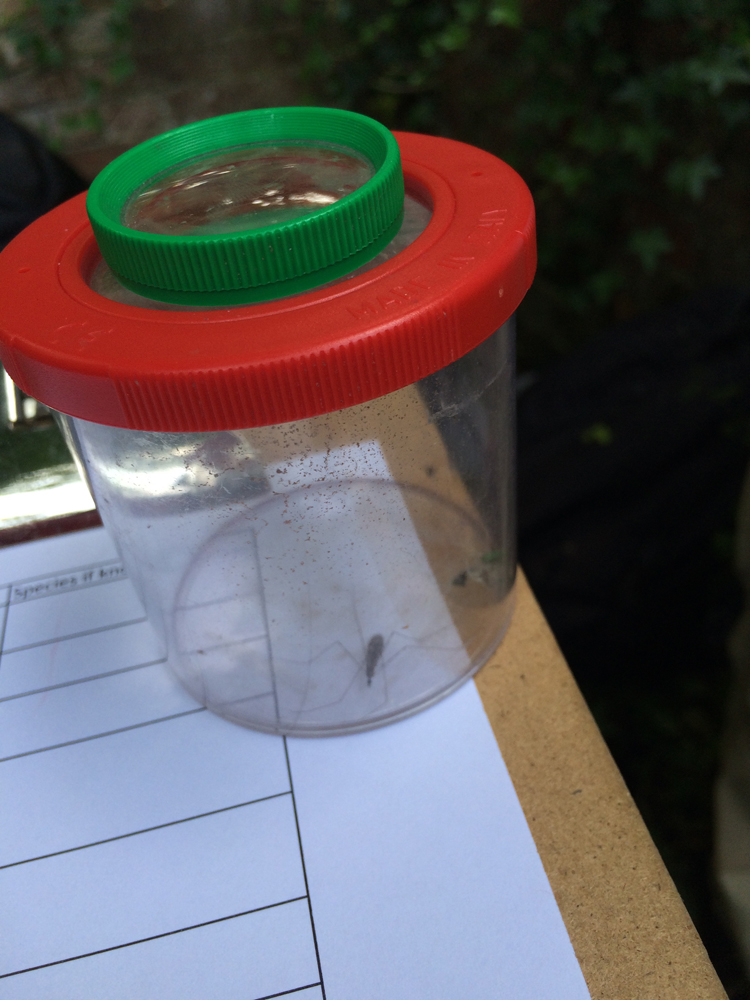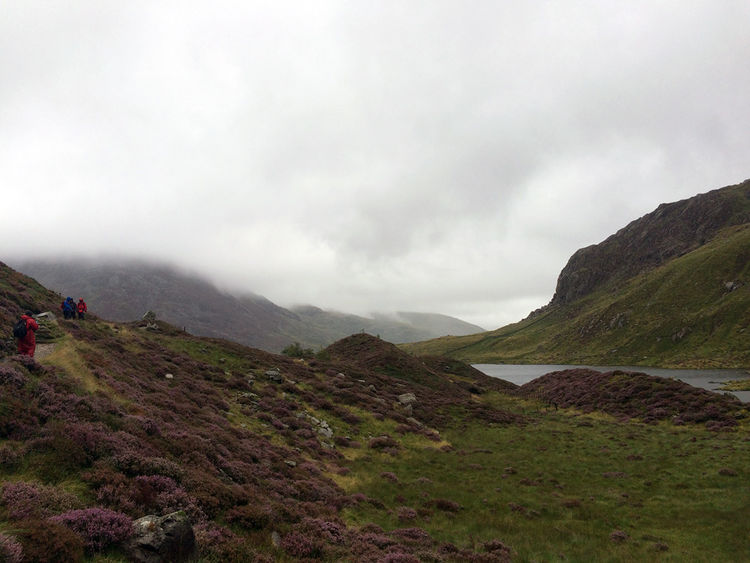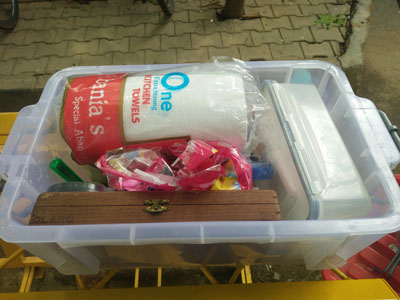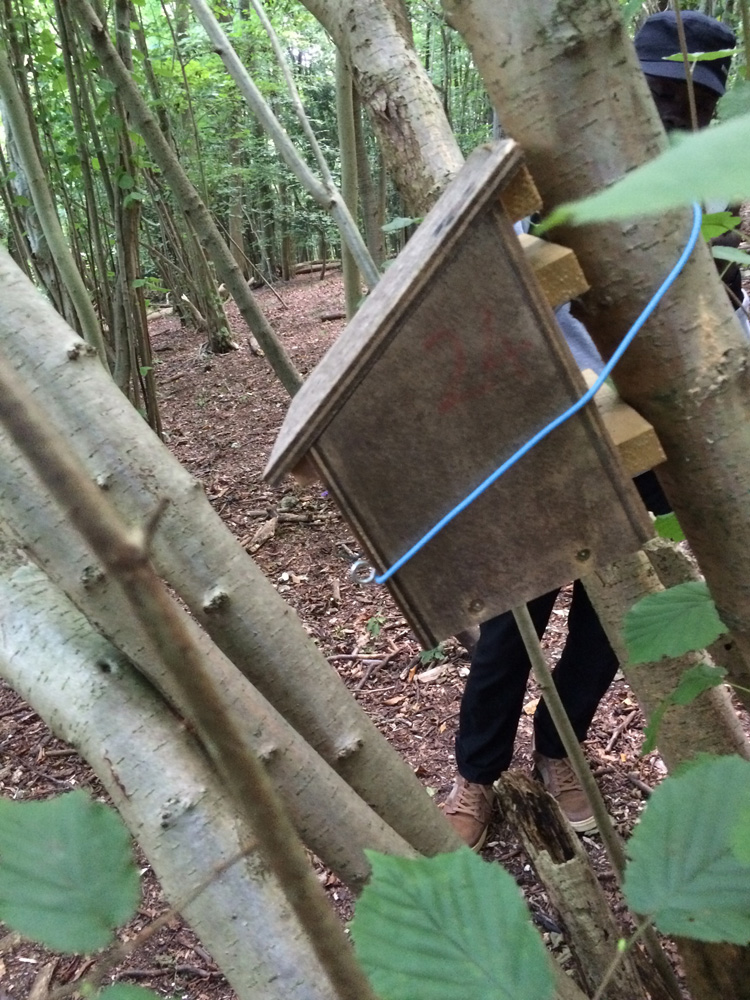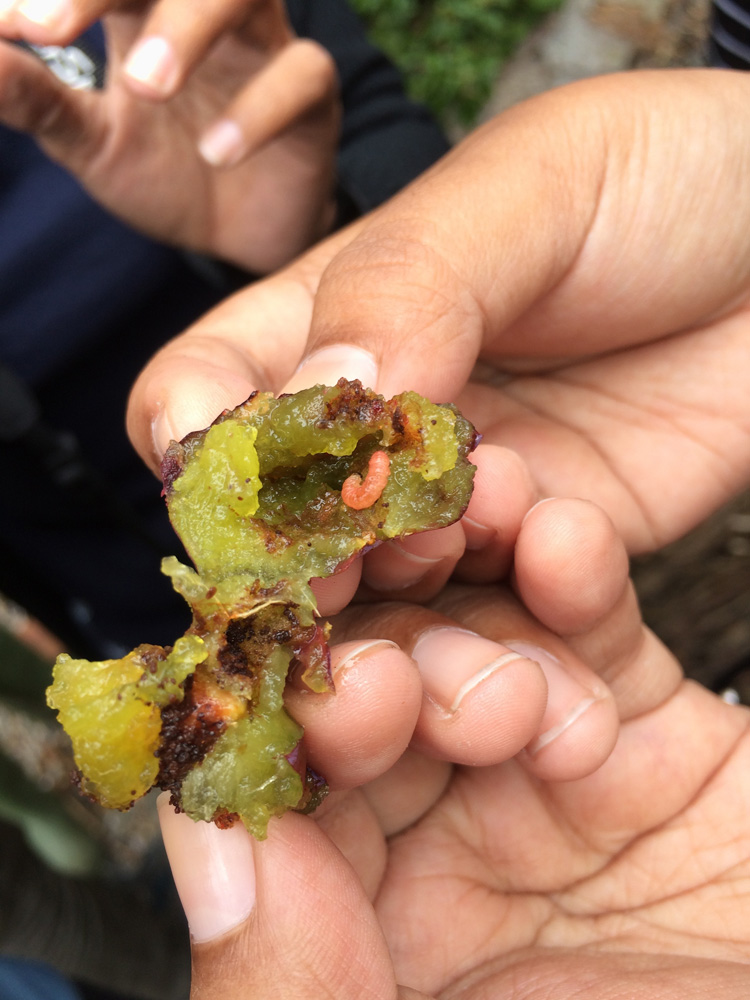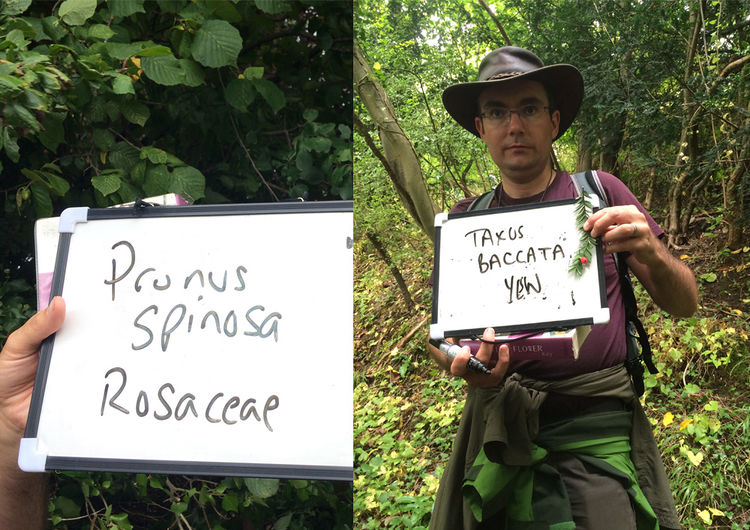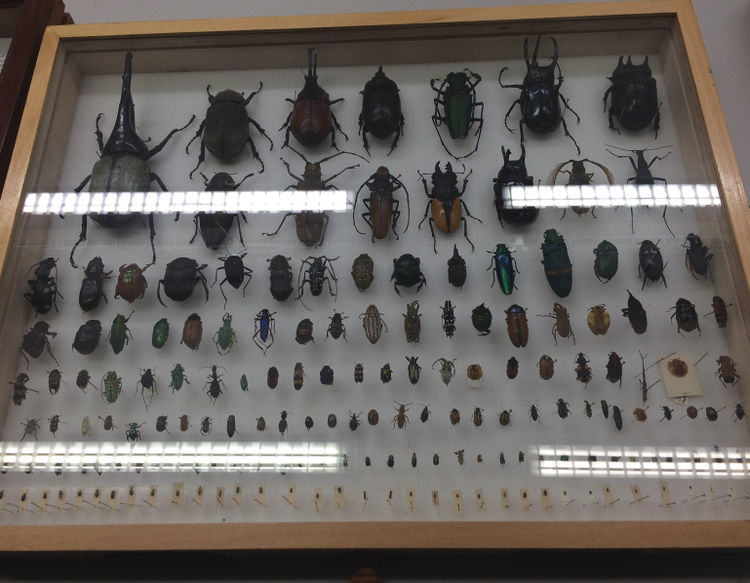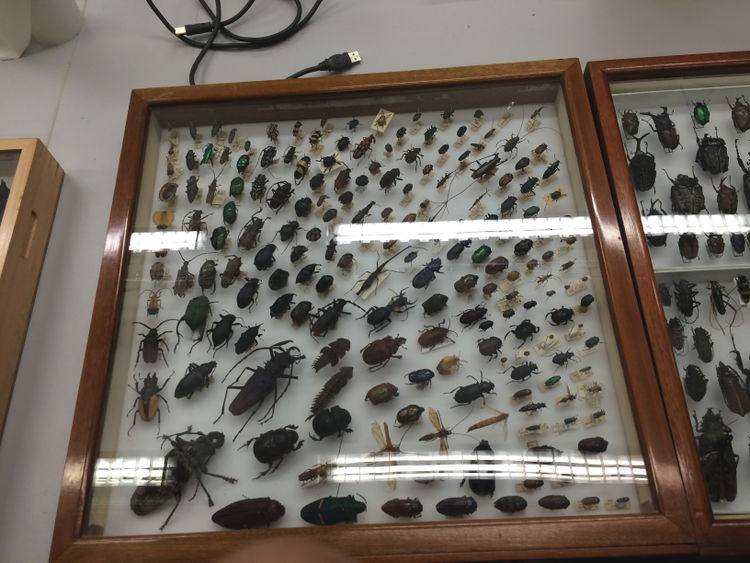Darwins Scholars 2016

The Darwin Scholars Programme was held in U.K this year by Field studies council. People working in Field biology,
ecology and several other fields all came together to explore more methods of knowing the forest and environment
better in the future.
Along with the Shropshire wildlife society, we collected insects from around the neighbourhood.
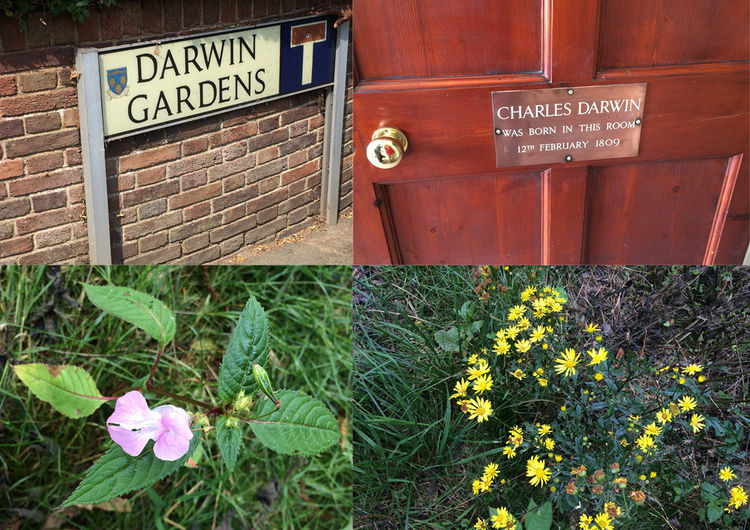
The Darwin family planted so many trees in the garden of Shrewsbury house, a collection of flora from all over the world.
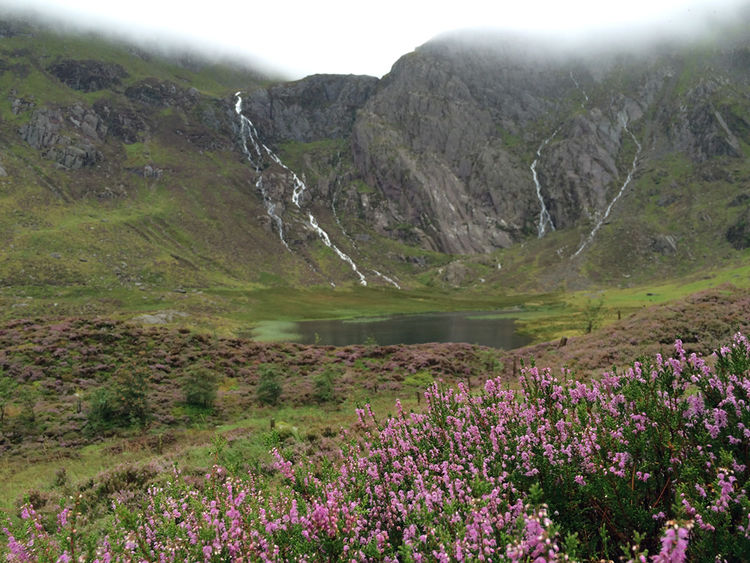
This is the highest mountain in Wales, England. There is common believe for this to be called the land of eagles. This is one
of the wettest part of U.K. Darwin used to come and explore the geological facts around the park.
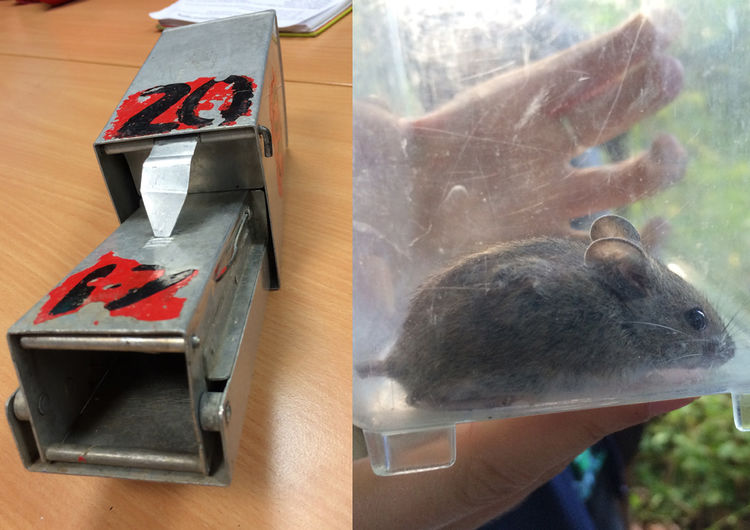
The trap is designed for smaller mammals like mouse, trapping used for grains.
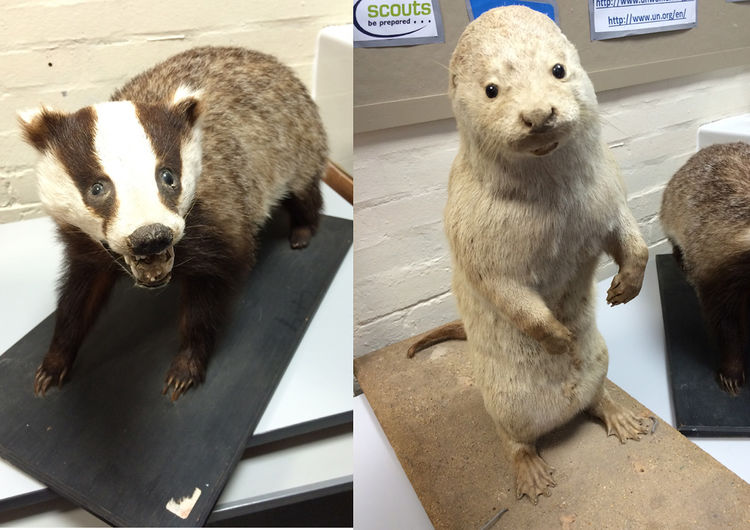
Badger and Otters are commonly found in smaller streams and river alongside of the less vegetation.
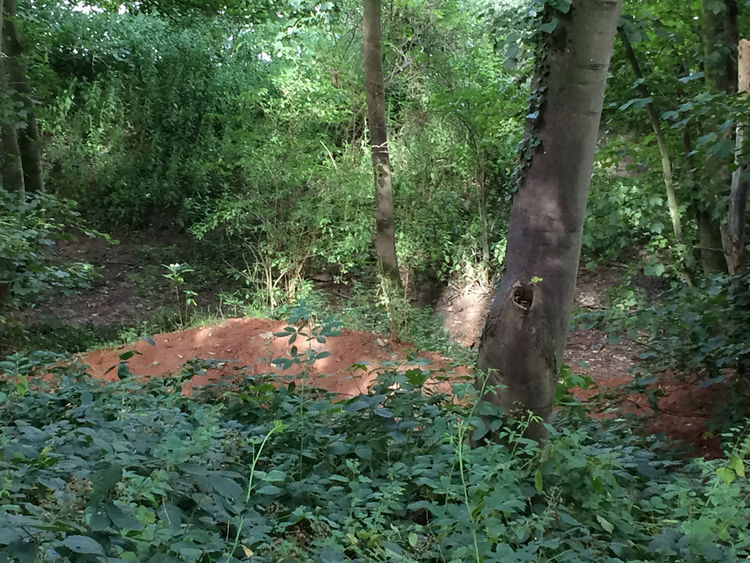
Badgers live in this habitat, they are social animals.
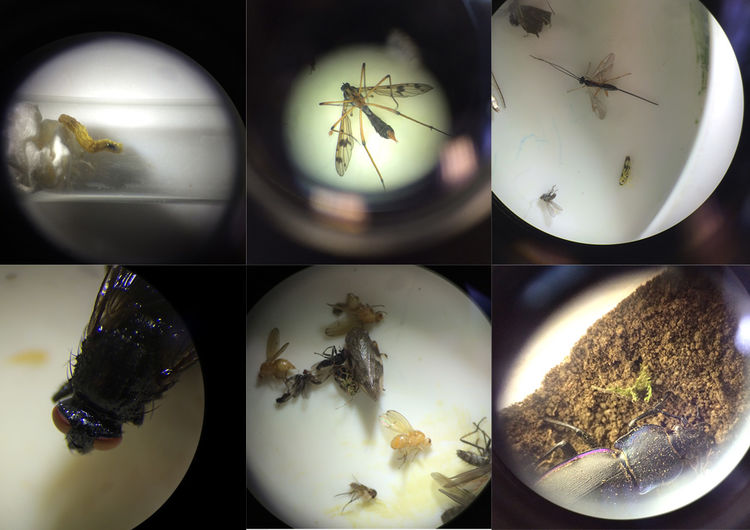
The insects as seen under the microscope.
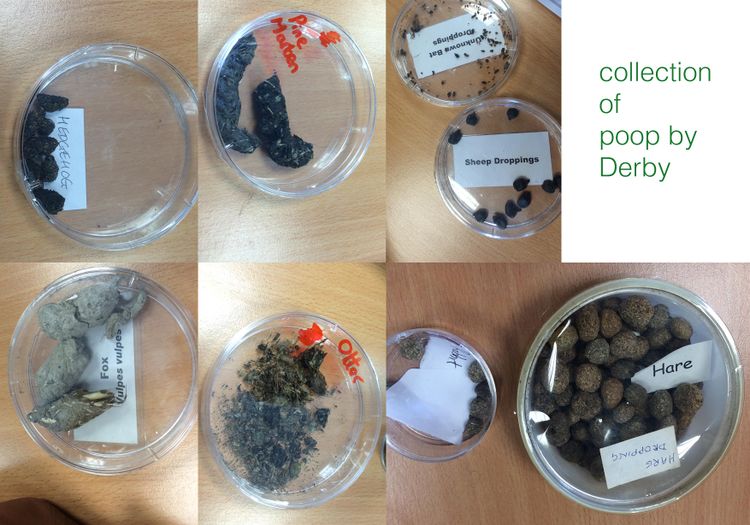
The faeces can tell a lot about the food habits of the animal.
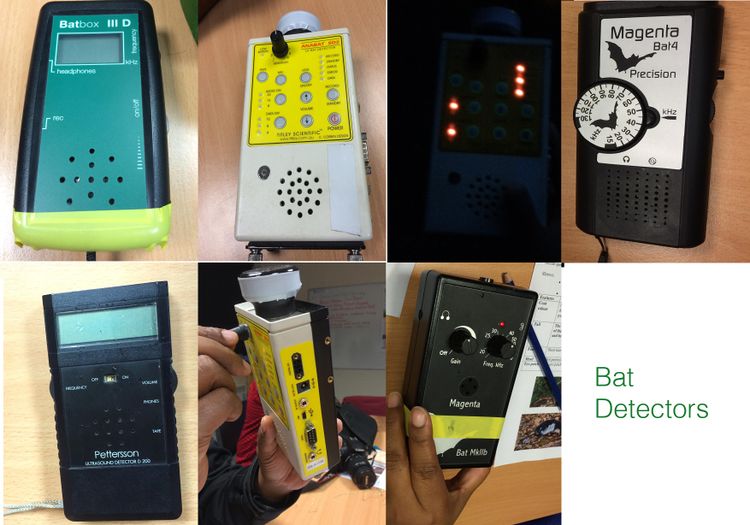
The bats navigate based on the ultrasound, here are a few different kind of instruments
we used for recording the ultrasonic sound data.

The collected insects from the insect trap, under the microscope.

The mixer to get input of the contact mics together and have a mix of sound output together.
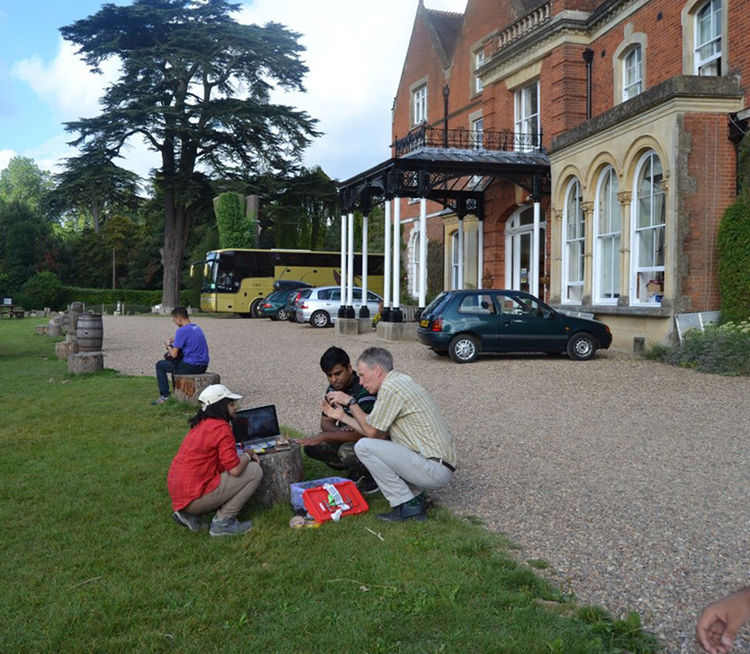
Sharing the possibilites of the field kit with Adrian Pickles from Field Studies council.
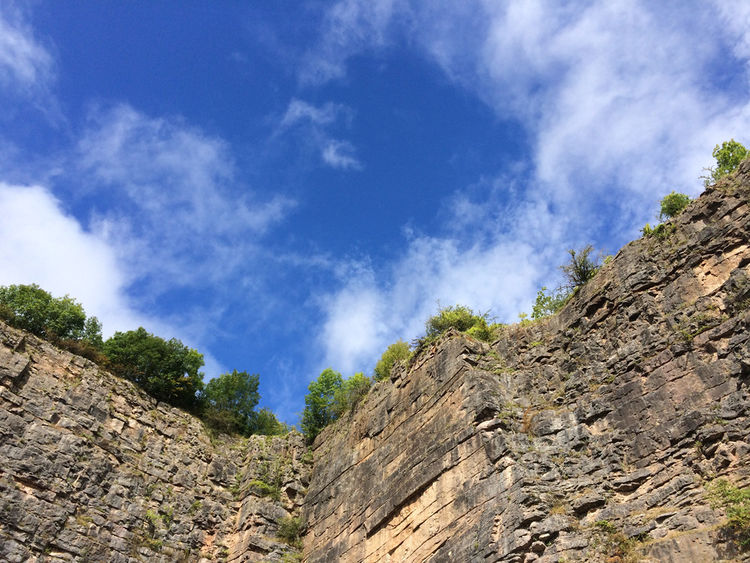
llanymynech rocks, which was a mining place centuries ago.
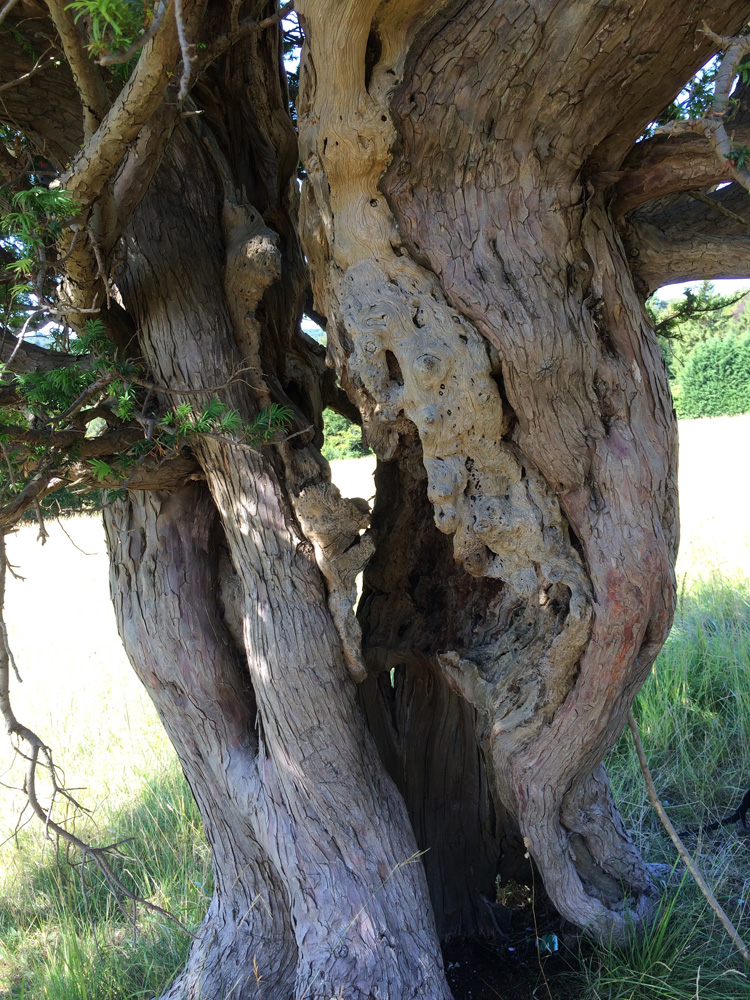
The smaller branches of the tree emerges from the main tree over time, and forms a different tree.
750px
Floral identification sheet.
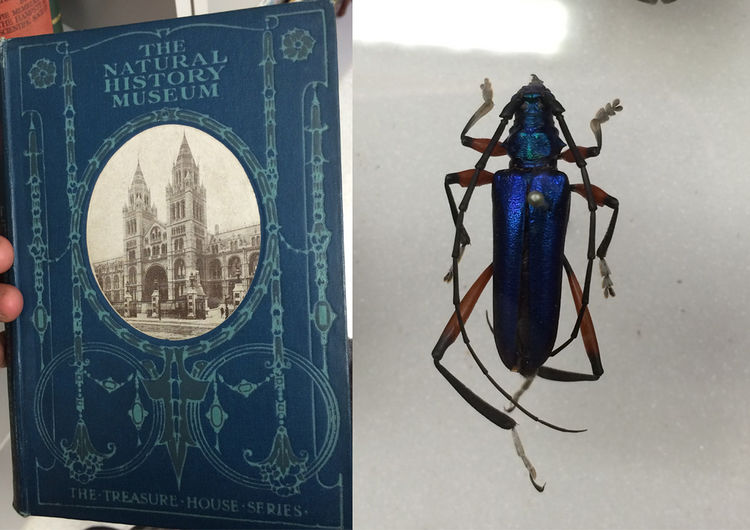
The visit to the Natural history museum and its office gallery.
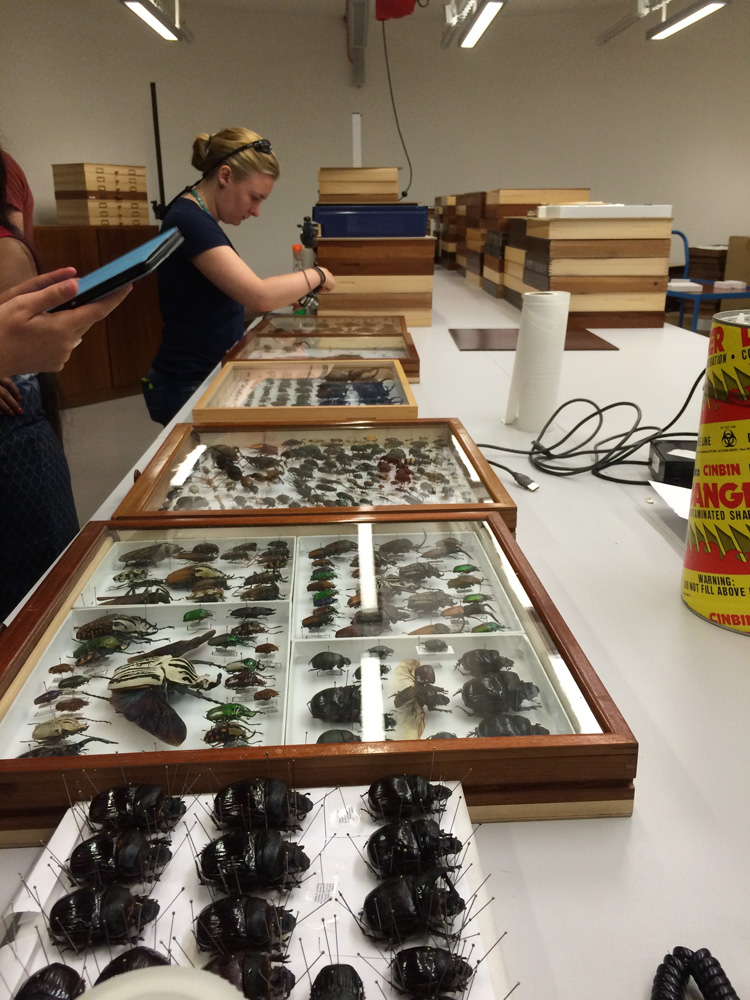
Collection of beetles which are not in public display
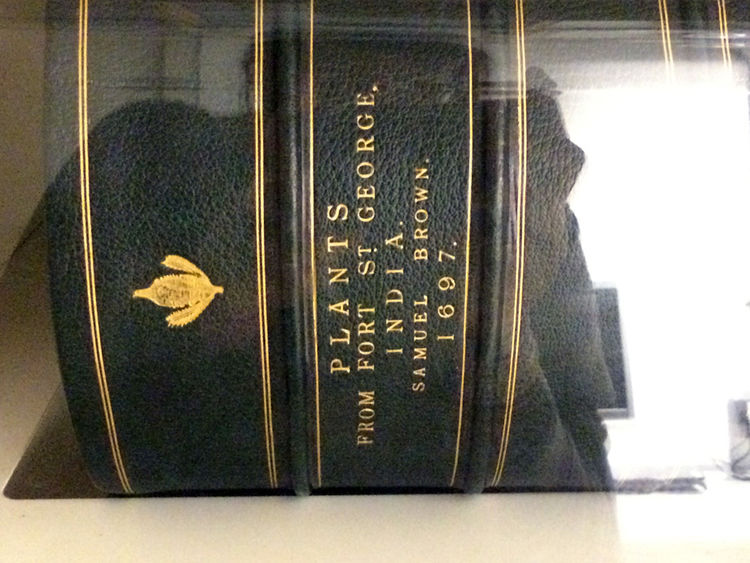
The part of the herbarium data collection gallery in the museum office.
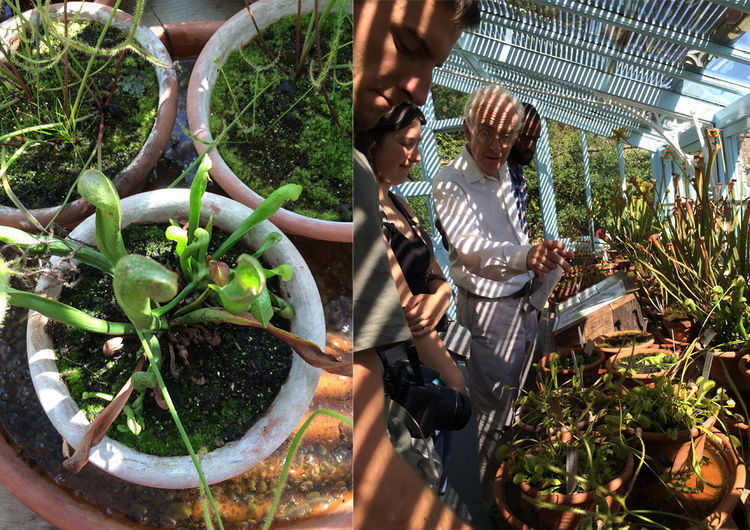
The insectivorous plants in Darwins garden.
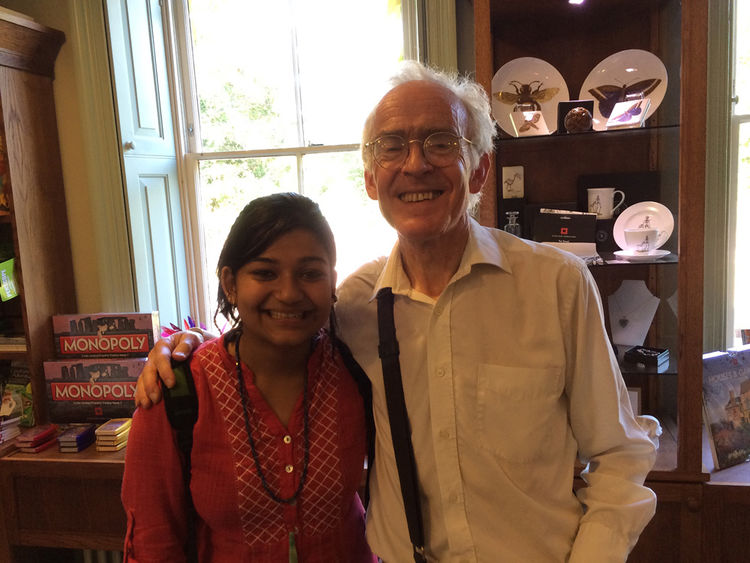
With Rendal Keynes, the great great grandson of Charles Darwin
